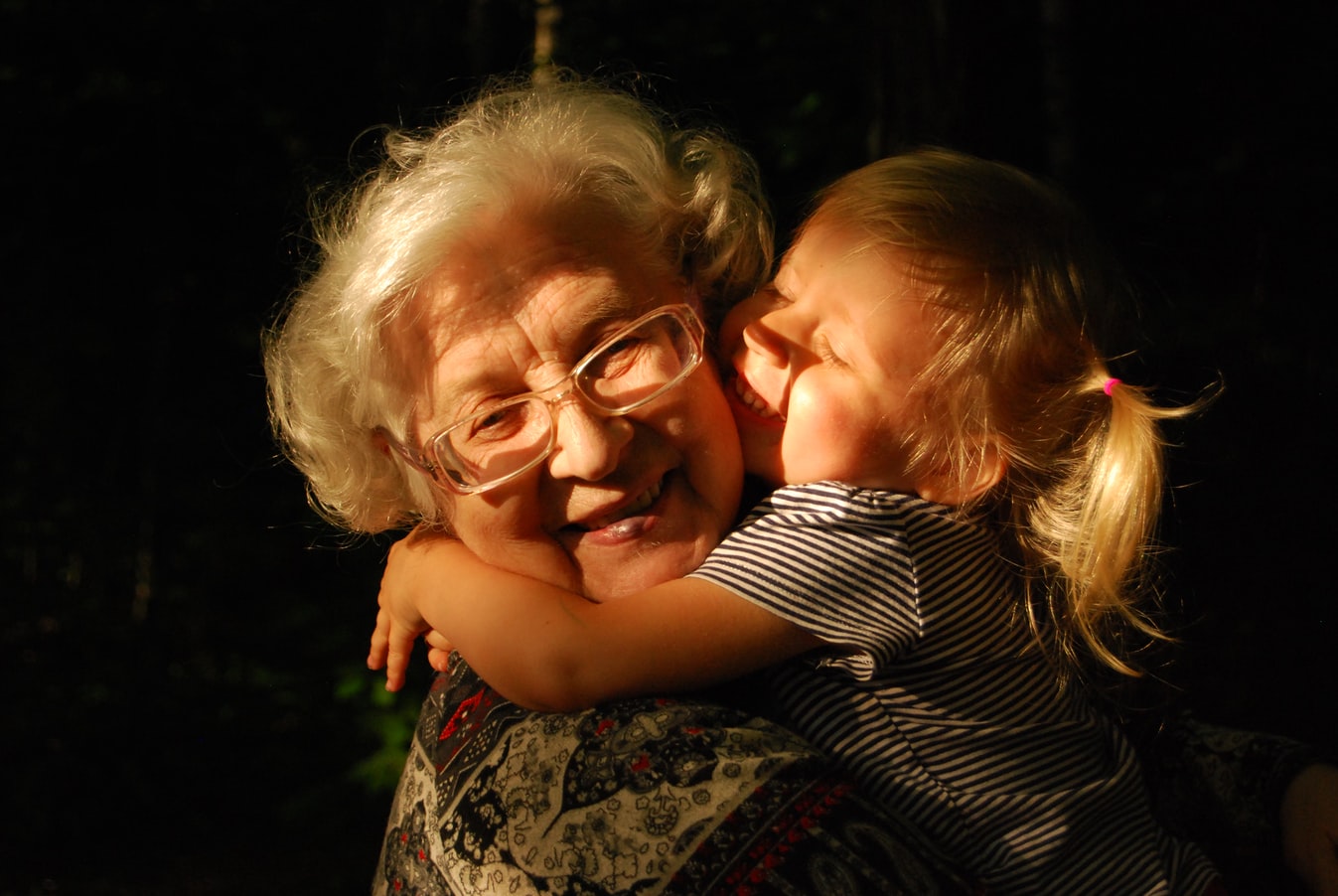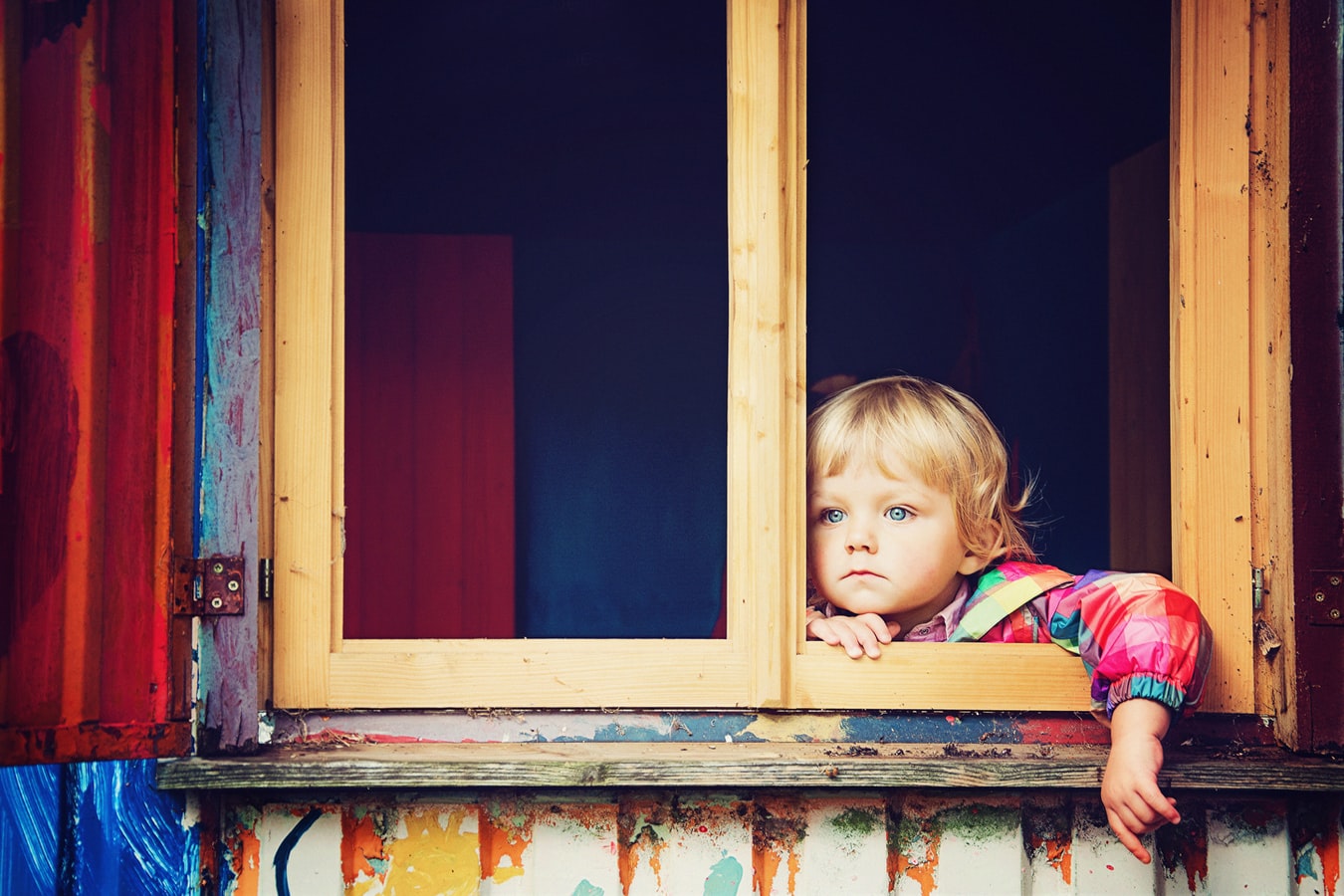In July of 2018, president Donald Trump signed into law the bipartisan Supporting Grandparents Raising Children Act. As the opioid crisis has sowed destruction and death across the nation, it’s been important to recognize the needs of victims across the spectrum.
Children and grandparents in particular have received relatively little of the attention when it comes to highlighting the damage from the opioid crisis. Now that capital hill has begun to take notice however, we can begin to spread more awareness and raise support for these groups.
The Scope of the Crisis
By all accounts, the country is facing the largest drug epidemic in its history – the opioid crisis. In 2017, fatal drug overdoses reached record levels, surpassing 72,000. The rise is largely attributable to the proliferation of opioid painkillers beginning in the early 2000’s. As these drugs flooded communities around the nation, thousands became hooked.
By the time Congress reacted, it was too late. Efforts were put into place to reduce the amount of prescription painkillers circulating in the marketplace, but black market dealers stepped in to fill the massive demand with cheap heroin and highly potent fentanyl produced in China and Mexico.
Nationally, there was a 10% increase in the number of children entering foster care between 2012 and 2016. For some states (Alaska, Georgia, Minnesota, Indiana, Montana) this increase was closer to 50%. Accordingly, studies are showing that states with higher drug related deaths and hospitalizations also had higher rates of new foster care cases.
Many of the children who do not end up in the welfare system are likely to end up in the care of relatives, which in many cases may end up being grandparents. While grandparents have historically been a go to source for babysitting and childcare in limited capacities, they are now being called upon in greater volume to not only watch, but raise children left parent-less by the drug epidemic.
Currently, around 7.8 million children reside in grandparent-led households. Unfortunately, there are very few resources available to help the estimated 2.7 million grandparents raising grandchildren.
Research shows that children who are no longer able to live with a parent experience the least disruption to their emotional, physical, and mental well being when they are able to continue living with a relative. However, with more and more kids losing parents to either overdose, the streets, or as they enroll in treatment, grandparents could be at risk of getting overwhelmed.
Roughly 21% of grandparent-led households live below the poverty line. Meanwhile, government financial assistance is limited and difficult to secure a hold of. This could leave many grandparents without much recourse when it comes to taking care of their grandchildren.
Senior Risks of Opioid Abuse
Opioid abuse is something that does not discriminate. The opioid crisis affects people of all race, gender, ethnicity, and age. In fact, older individuals are one of the most at-risk populations. One of the reasons that the elderly are more affected by the opioid epidemic is because, not only are seniors given prescriptions at high rates, they are more affected by the medications and the medications are slower to leave their systems. Because of these things, older adults have a greater risk of injury, hospitalization, and death when using opioids.
Prescription use disorders are prevalent in older adults and can lead to significant neurological problems and even death. It is also important to note that older individuals are at risk not just opioids, but other prescription drugs like benzodiazepines and stimulants.
While many perceive the opioid epidemic as young, there is a lot of intersection with older adults. According to statistics from the Substance Abuse and Mental Health Services Administration, opioid abuse has declined in younger groups but has almost doubled for Americans over age 50.
Hearing from Grandparents About the Epidemic
Healthcare consulting firm Altarum conducted a national survey intended to help shed light on the lived experience of grandparents called upon to raise their grandchildren due to substance use and mental health issues. This research included in-depth interviews over the phone and online surveys given to over 1,000 grandparents.
About 20% of the grandparents interviewed for the study cited parental drug abuse as the primary reason for why they were taking care of their grandchildren. Other reasons that grandparents listed include drug-adjacent reasons, such as parents in jail, death, homelessness, and mental health issues. Here is what the survey helped illuminate:
Grandparents Face Unique Childcare Needs
Grandparents who must take up child caring services for an absentee parent face a significant host of complex mental and behavioral health needs from the children they are taking care of. Many of these children have experienced severe psychological and physical trauma.
In many interviews, grandparents cited psychological, sexual, physical, and emotional abuse as the most significant childhood traumas to occur to the grandchildren they were raising. In many cases, neglect was cited as the primary reason, related to inadequate food, housing, clothing, and supervision.
16% of grandparents also stated that their grandchildren suffered from diagnosed mental health conditions, including Post Traumatic Stress Disorder, Attention Deficit Disorder, Autism Spectrum Disorder, anxiety, and depression. It’s difficult enough for a parent to understand and learn how to help a child coping with these disorders, let alone for a grandparent to have to step in and take up that mantle.
Grandparents Must Face Their Own Grief and Emotional Distress
Some grandparents are also tasked with taking of adult children AND grandchildren. In this case, they may be entirely overwhelmed by the stress of care taking. A portion of this population reported feeling grief and guilt over not having prevented their own children from falling into drug and alcohol abuse.
Grandparents in interviews expressed acute emotional turmoil at not having the tools, time, and energy to take care of adult children and grandchildren at the same time.
Raising a Second Family Places Grandparents in Financial Peril
Grandparents are often forced to take over the financial stewardship of children placed in these predicaments. They often have little time to prepare. When a child is placed back into their lives, they are thrust back into the same stressors of average life, such as high health care, child rearing, and housing costs, with the added stress of being retired or semi-retired.
34% of grandparents surveyed responded that they had to come out of or delay retirement due to the financial strain of taking care of grandchildren. 11% indicated that within the last three months that they had trouble paying for food, rent, and mortgage payments.
Fortunately, the survey results showed that many are more savvy about utilizing community resources than originally thought. Resources such as community food banks, foster closets, and donation drives can be an invaluable reservoir of goods and services. For example, 28% of respondents utilize Supplemental Nutrition Assistance Programs (SNAP) and 12% utilize Women, Infants, and Children (WIC) program assistance.
Grandparents May Be Unprepared to Deal with the Legal System
Gaining custody of and caring for grandchildren can be a time intensive and costly process. 23% of grandparents surveyed did not currently have legal guardianship while 18% were worried about losing custody. Accordingly, 24% of grandparents called Child Protective Services in the interim period while the child’s living situation was in jeopardy.
Unfortunately, grandparents without custody of their grandchildren cannot legally enroll them in school or make important health care decisions. Unless custody is conferred by the court, they are legally hamstrung in making any important decisions. In many cases, parents need to willingly sign over their children to grandparents, but in other cases they may have to be declared unfit to parent.
However, even in clear cut cases, this process can be a long and drawn out court battle between the parents and the grandparents. 24% of grandparents in the survey reported that they were still fighting in the courts to maintain custodial caregiver rights for their grandchildren.
The Foster Care System May Not Be Equipped to Help
Many grandparents utilize the foster care system to make use of subsidies and services for care-giving. In fact, 26% of grandparent respondents reported that they were currently maintaining custody of their grandchildren through the foster care system. However, this is not a viable route for all families.
In interviews, grandparents who did not utilize foster care services pointed to several prominent reasons. Roughly 30% of respondents indicated that the foster care system made them feel intensely scrutinized and under undue pressure, leading to them discontinuing their involvement with the organization.
Grandparents May Be Neglecting Their Own Health
Grandparents surveyed were often at high risk of subverting their own needs in order to provide support for their grandchildren. Caring for young children requires significant effort on the part of grandparents. 33% of respondents reported no longer being able to participate in their favorite hobbies, while 25% said that parenting had put a strain on their relationships with peers. Unfortunately, grandparents who take on the responsibility of raising grandchildren are plunged back into a life that is rife with difficulty.
Fortunately, peer support may be the kind of resource that can make a difference in the lives of these grandparents. Currently, 1 out of 4 grandparents feel estranged from their peer groups due to the burden of childcare. 1 out of 3 no longer participate in hobbies they once enjoyed. 1 in 5 believe that they could benefit from joining some kind of support group. Unfortunately, only 17% of respondents say that they were a part of a support group. It is clear the grandparents need the help and company of peers in order to receive the kind of knowledge, empathy, and support that they can’t get anywhere else.
The trauma of losing a parent to addiction in one’s developmental years can create a lasting impact on a child’s psyche. As such, one of the best ways to mitigate this damage and prevent future generations from becoming addicted to drugs and alcohol is to help relatives like grandparents to provide proper care.
The Opioid Crisis Affecting Children
One of the most harmful aspects of the opioid crisis is the effect it is having on youth. Neonatal Abstinence Syndrome (NAS) is a collection of symptoms that newborns experience when they have been exposed to drug use while in the womb. These symptoms include high pitched crying and violent shakes attributable to the withdrawals they experience upon being born. The medical costs for infants afflicted with this syndrome are more than ten times higher than the average newborn. The number of newborns with NAS is rising consistently, and is expected to surpass 1,000 in 2018.
It’s not just infants that are affected by this opioid crisis. Our nation’s young adult population is also falling victim to the scourge of opioid addiction. One organization looking to help parents of addicts is Parents Helping Parents, a coalition dedicated to helping mothers and fathers connect with others going through the same thing. The organization is staffed by volunteers and has chapters across our nation. By promoting open discussion of topics related to addiction, they hope to bring the disease out of the shadows and into the light, dismantling the stigma surrounding addiction in order to make access to help easier to find.
Our lives are profoundly impacted by those who raise us. When someone becomes caught in the hold of addiction, it can have devastating consequences for everyone connected to a person, including family, friends, and loved ones. As the opioid crisis continues to tear across America, many grandparents are being seized out of retirement and forced to provide care that they are unprepared and unqualified for. Oftentimes, these children have been abused, neglected, and abandoned by their parents. Grandparents must provide care, comfort, and shelter for these children.
These grandparents have the responsibility of soothing children who have nightmares of neglect, abuse, and drug use in the household. They may have to show children that things will be ok by showing them a full pantry or refrigerator. They do all this while retired, sometimes physically disabled, and in need of more rest than ever before in their lives. However, if they are not able to, they face the heartbreaking reality of losing their grandchildren to child protective services or losing back to the hands of their adult children who are unable to provide proper care. They took care of us all at one point, and now it is our duty to serve and support them back.
In Conclusion
Opioid addiction is one of the most destructive forces at work in the nation currently. The healing process for addicts and families starts with recognizing the danger surrounding these drugs, spreading public awareness, and expanding access to evidence-based treatment models. At Landmark Recovery, we believe in creating a supportive network of love and access to resources that can help you break free from the chains of addiction. Visit our website to learn more about drug and alcohol rehab today.

Choose Recovery Over Addiction
We're here 24/7 to help you get the care you need to live life on your terms, without drugs or alcohol. Talk to our recovery specialists today and learn about our integrated treatment programs.






